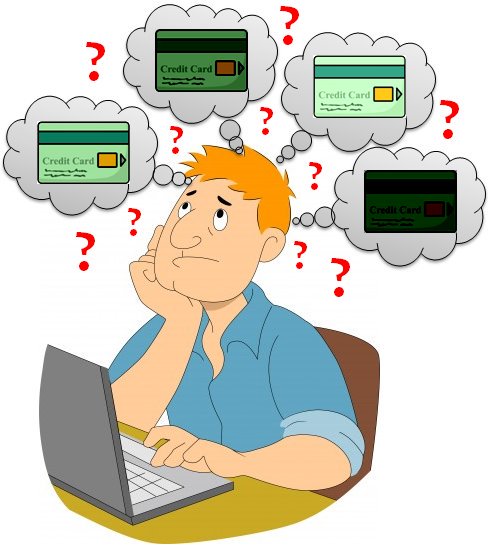Having good credit is a concept that many understand. Much like having good health or savings in the bank, it is something that all working adults would like to regain, maintain or obtain. But what is a good credit rating score? A person with a good credit score:
Knows their score
Generally speaking, if you ask around for individuals with good credit scores, you will discover that their scores are above 700 points. However, the points are not set in stone and can vary from one lender to another since everyone has personal opinions about what constitutes a good credit score. So to determine what your score is, carry out your research first to determine the criteria your lender uses so because most lenders will use their own criteria to determine whether or not they can facilitate that loan that you need.
Applies for a credit card
The credit card applied for has to be secure, especially if you are building your good credit score range from the beginning. A secure card should be backed by payment or deposit that you should pay upfront. The deposit will act as your credit limit.
Looks for a co-signer
A co-signer is someone that will be charged with the responsibility of paying your debt if you slack off. A co-signer should be someone dependable who will keep you on your toes in regards to payment.
Gets credit for paying rent
Each time that you pay your rent on time, you should report it to your rent reporting service as it helps to build your credit. On time payments, of rent or credit card bills, creates a history that shows you make all your payments on time which will qualify you for a loan should you need it one day.
Related Source: How Do I Look? The Image Portrayed By A Credit Score












